The Top 5 Causes of Car Fires
 According to the National Fire Protection Association (NFPA), vehicle fires account for roughly 20 percent of all reported fires. In fact, a vehicle fire takes place in the U.S. every 96 seconds! Serious or fatal injuries can also arise from fires so it’s essential you are aware of the top common causes of vehicle fires. The more you understand how these fires form, the more likely you will be able to prevent them while driving in Chantilly, and stay safe. Here at Centreville Collision Center we see vehicles damaged by fires here in our shop all the time, so that’s why we’re providing our blog readers this useful information:
According to the National Fire Protection Association (NFPA), vehicle fires account for roughly 20 percent of all reported fires. In fact, a vehicle fire takes place in the U.S. every 96 seconds! Serious or fatal injuries can also arise from fires so it’s essential you are aware of the top common causes of vehicle fires. The more you understand how these fires form, the more likely you will be able to prevent them while driving in Chantilly, and stay safe. Here at Centreville Collision Center we see vehicles damaged by fires here in our shop all the time, so that’s why we’re providing our blog readers this useful information:
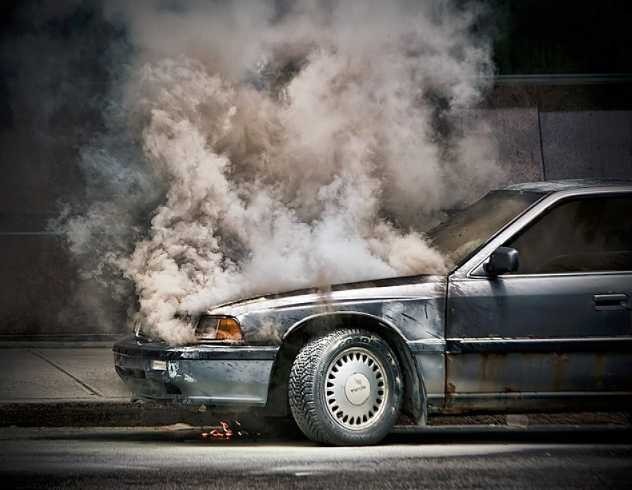
At Centreville Collision Center, we see news stories all the time about vehicle design flaws and car manufacturer recalls. When the auto manufacturers become aware of such design flaws, they will customarily issue a recall so all owners can be notified of the possible danger and get the vehicle fixed at their expense. If you ever get a notice about a possible recall, it’s vital that you act immediately and contact your local dealer for assistance ASAP.
- Electrical System Failures
Your electrical system is one of the most frequent causes of vehicle fires. A standard car battery’s charging cycles can cause hydrogen gas to build up on the engine bay and the electrical current of the battery can produce sparks along with faulty or frayed wiring.
- Collisions
While most vehicles have crumple zones which help the sheet metal to absorb the impact of a crash, an intense blow can still spark a fire. Leaking fluids combined with heat equals fire. If you are in an accident, you may not realize what is leaking under the hood, so it’s a good idea to always move away from an accident quickly.
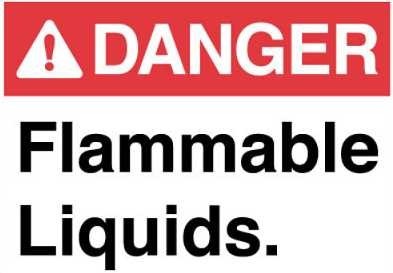 Overheating Engines
Overheating Engines
While your vehicle’s engine isn’t likely to overheat enough to catch fire on its own, it can be hot enough to make the vehicle’s oil and coolant rise to hazardous temperatures. When this happens, these fluids can spread throughout the engine bay and onto the exhaust system rapidly, where they can ignite and spread.
- Spilled Fluids
The typical vehicle has numerous flammable fluids under the hood from gasoline or diesel fuel, transmission fluid, engine oil, brake fluid, power steering fluid and engine coolant. If anything happens to any of their lines, hoses or reservoirs, any of them could catch fire when the car is on and they are circulating. When you combine an accident or a failed part with one of these instances, your chance for fire increases.
Remember to be mindful and safe when driving throughout VA. We want to make sure our readers are protected from any accidental fires that could occur from the above mentioned points!


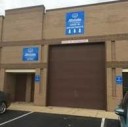





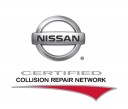


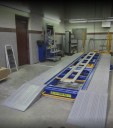
 According to the National Fire Protection Association (NFPA), vehicle fires account for roughly 20 percent of all reported fires. In fact, a vehicle fire takes place in the U.S. every 96 seconds! Serious or fatal injuries can also arise from fires so it’s essential you are aware of the top common causes of vehicle fires. The more you understand how these fires form, the more likely you will be able to prevent them while driving in Chantilly, and stay safe. Here at Centreville Collision Center we see vehicles damaged by fires here in our shop all the time, so that’s why we’re providing our blog readers this useful information:
According to the National Fire Protection Association (NFPA), vehicle fires account for roughly 20 percent of all reported fires. In fact, a vehicle fire takes place in the U.S. every 96 seconds! Serious or fatal injuries can also arise from fires so it’s essential you are aware of the top common causes of vehicle fires. The more you understand how these fires form, the more likely you will be able to prevent them while driving in Chantilly, and stay safe. Here at Centreville Collision Center we see vehicles damaged by fires here in our shop all the time, so that’s why we’re providing our blog readers this useful information:
 Overheating Engines
Overheating Engines
Social